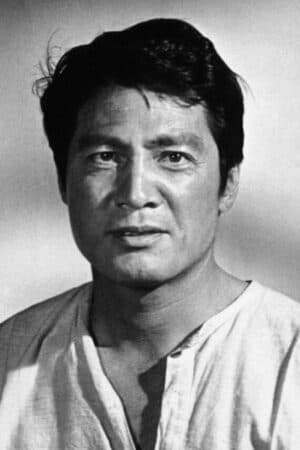
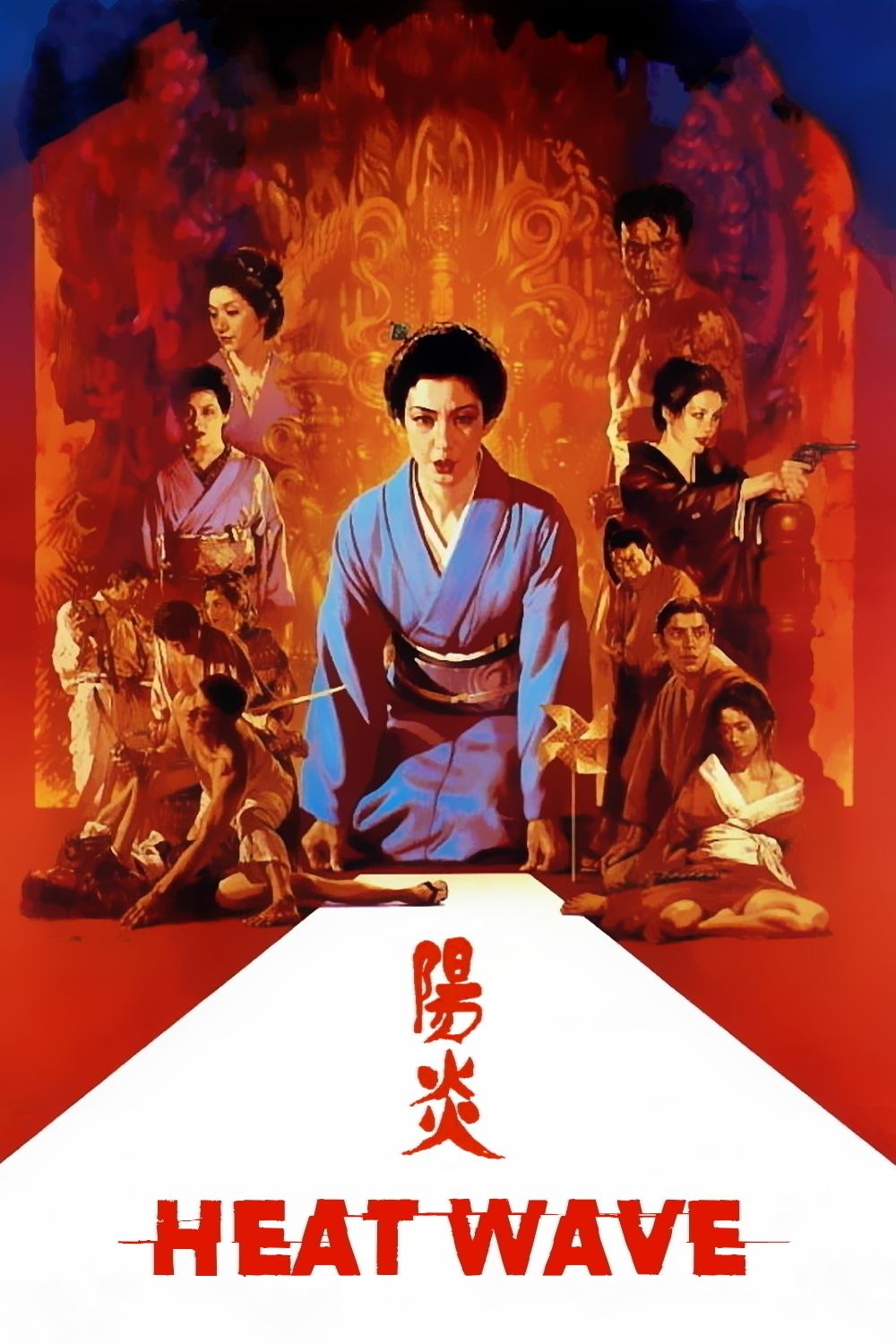
Rin Jyoshima lost her father to death-by-gambling; years later, she's grown up in the Kosugi household and has fallen victim to gambling herself.
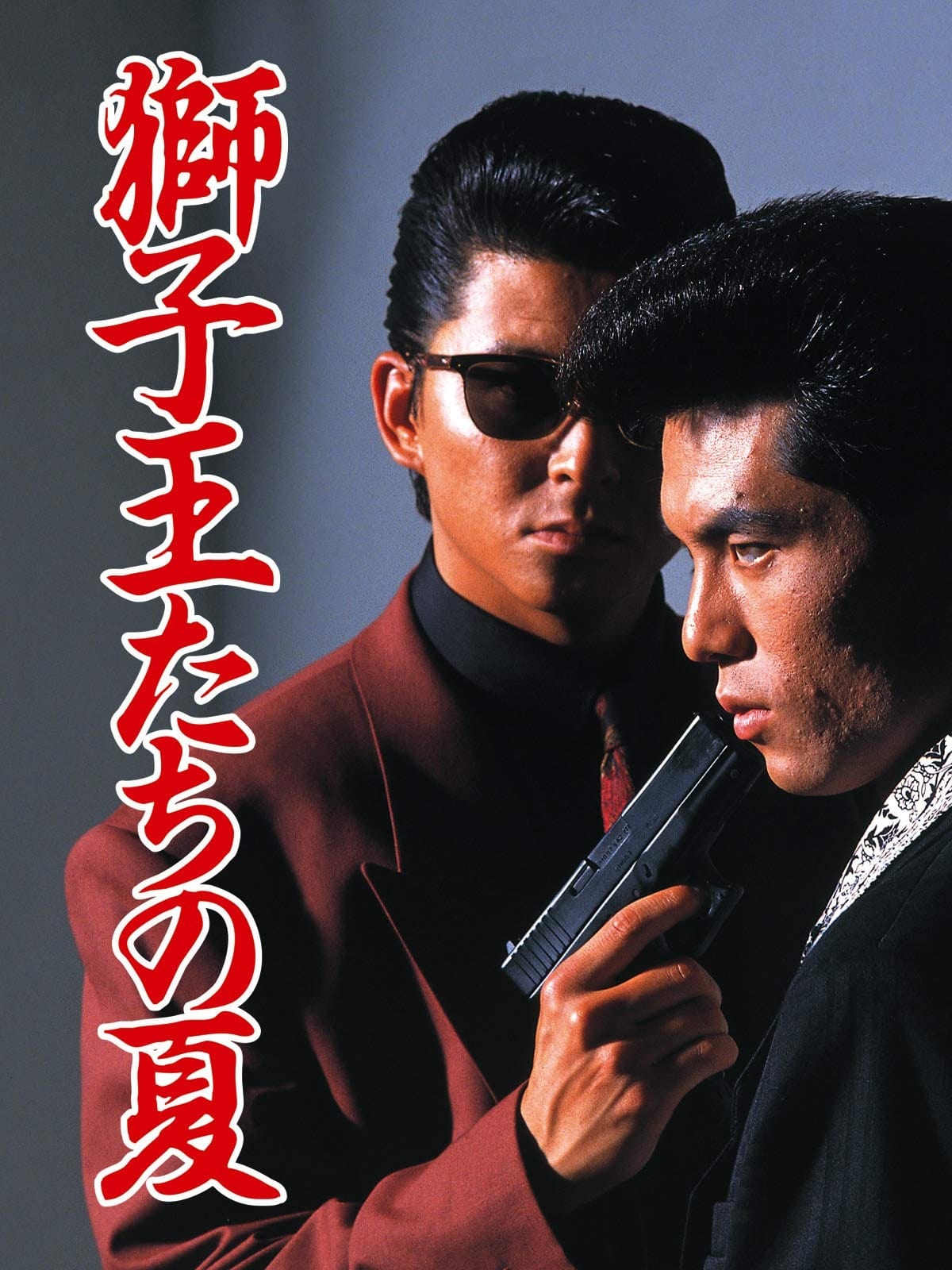
Katsu, who belongs to the Murai group of the Sakagami Union, was frustrated by the distance from the yakuza world he had envisioned. At that time, Katsu, who met Osamu who belongs to the conflicting Dainippon Kyokushinkai, feels the real gangster scent of Osamu.
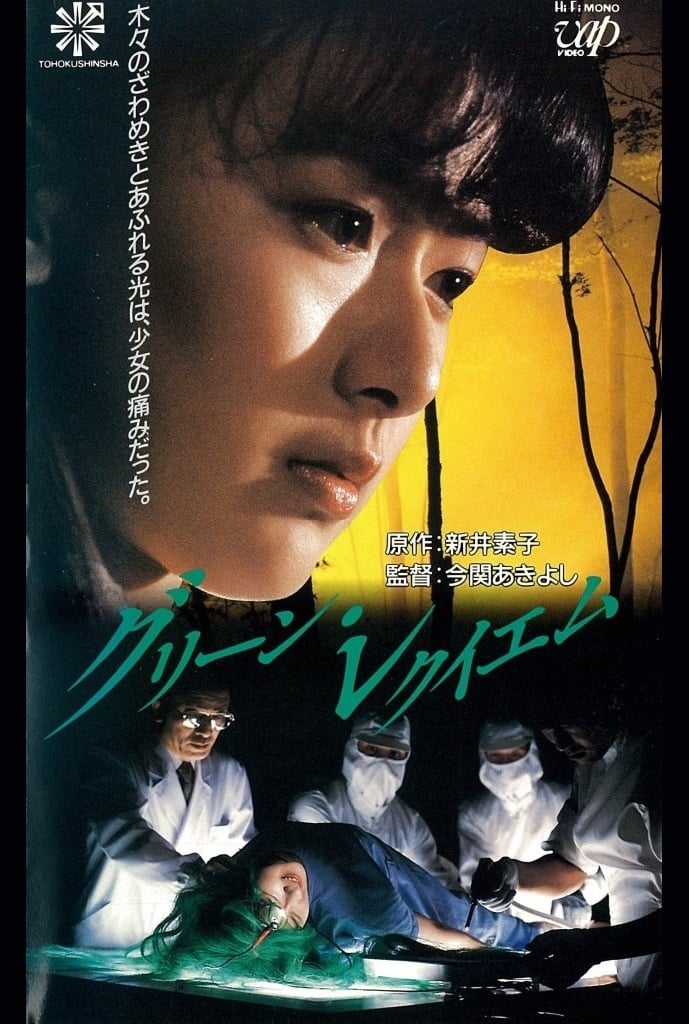
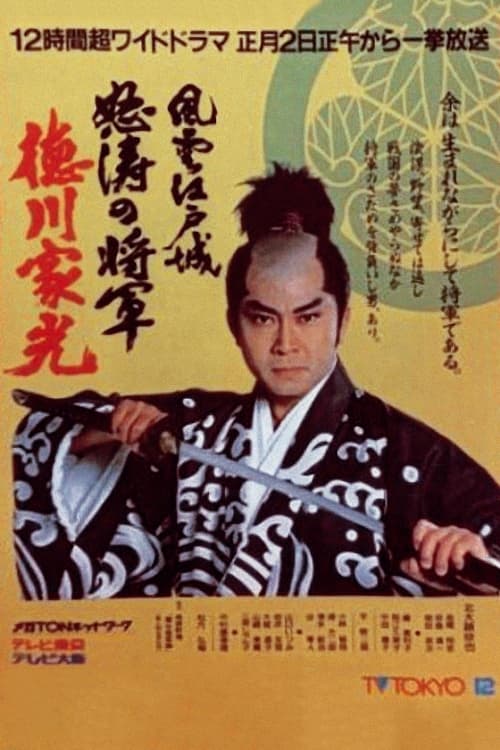
After the end of the reign of the second Shogun Hidetada, the country was still in turmoil. Meanwhile, Iemitsu, who took the place of the third shogun, is carrying out a number of political reforms. However, Yui Shosetsu, plans to overthrow the Tokugawa family...
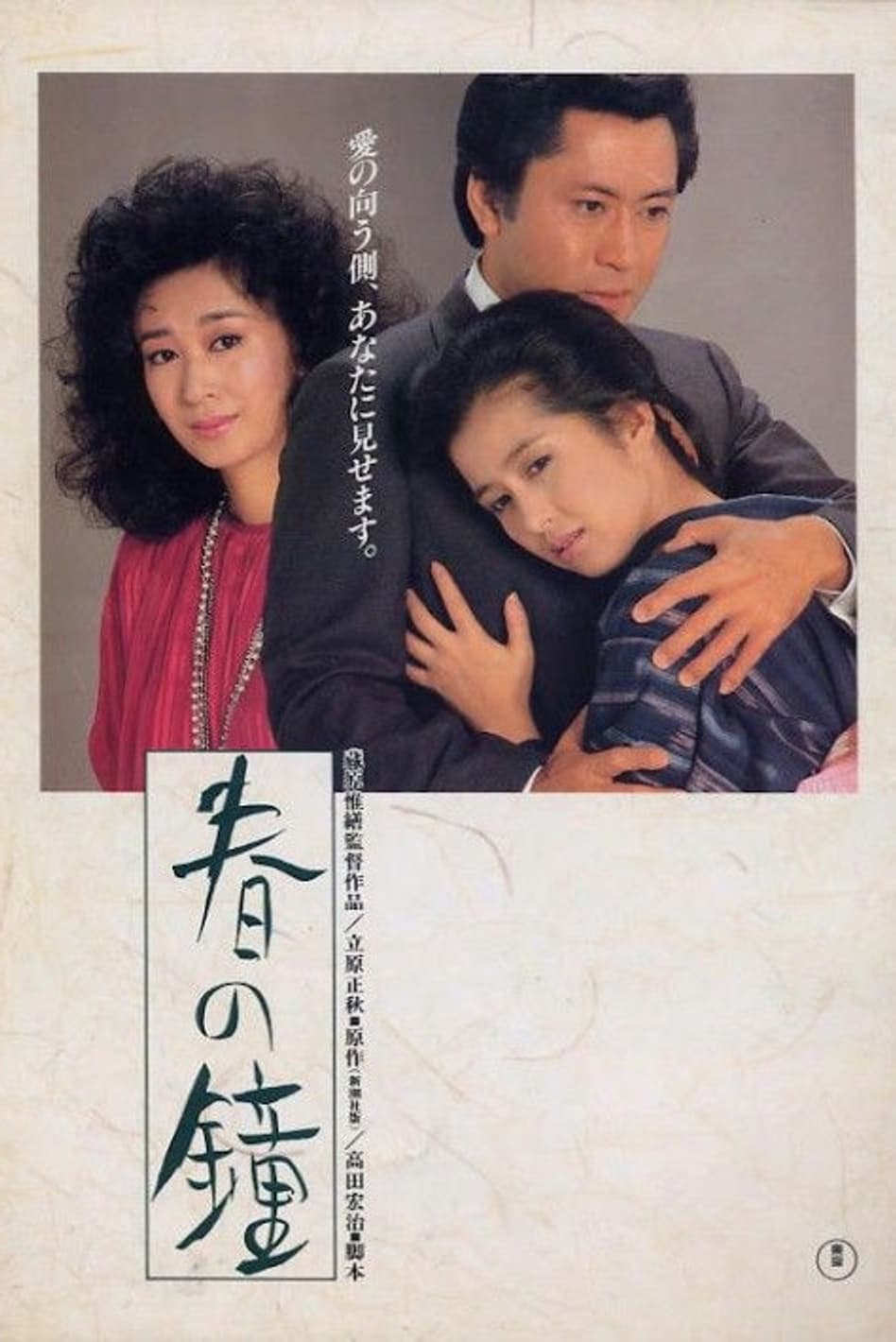
Rokuheita Narumi is fascinated by oriental art and works as the director of the Saho Art Museum in Nara. His wife, Noriko, is unable to leave Tokyo, despite his wishes, and the two live separately. Feeling lonely and neglected by her husband, she immerses herself in the depraved life of the city and continues to have a loveless relationship with a doctor, Katsumori. One day, Narumi arrives in Tokyo and learns of Noriko's affair, but he cannot divorce her for the sake of their child, so he devotes himself to his work.
From Wikipedia, the free encyclopedia. Eiji Okada (13 June 1920 Chōshi, Chiba, Japan – 14 September 1995 Japan) was a Japanese film actor. Okada served in the Japanese army during World War II, and was a miner and traveling salesman before becoming an actor. Internationally, his best-remembered roles include Lui ("him," in French) in the film Hiroshima mon amour (1959), directed by Alain Resnais, and the entomologist Niki Junpei in Hiroshi Teshigahara's Woman in the Dunes (1964), an adaptation of Kōbō Abe's novel. Okada was married to Aiko Wasa, with whom he ran a theatre company in Japan. He died on September 14, 1995 of heart failure, at the age of 75. Description above from the Wikipedia article Eiji Okada, licensed under CC-BY-SA, full list of contributors on Wikipedia.
By browsing this website, you accept our cookies policy.